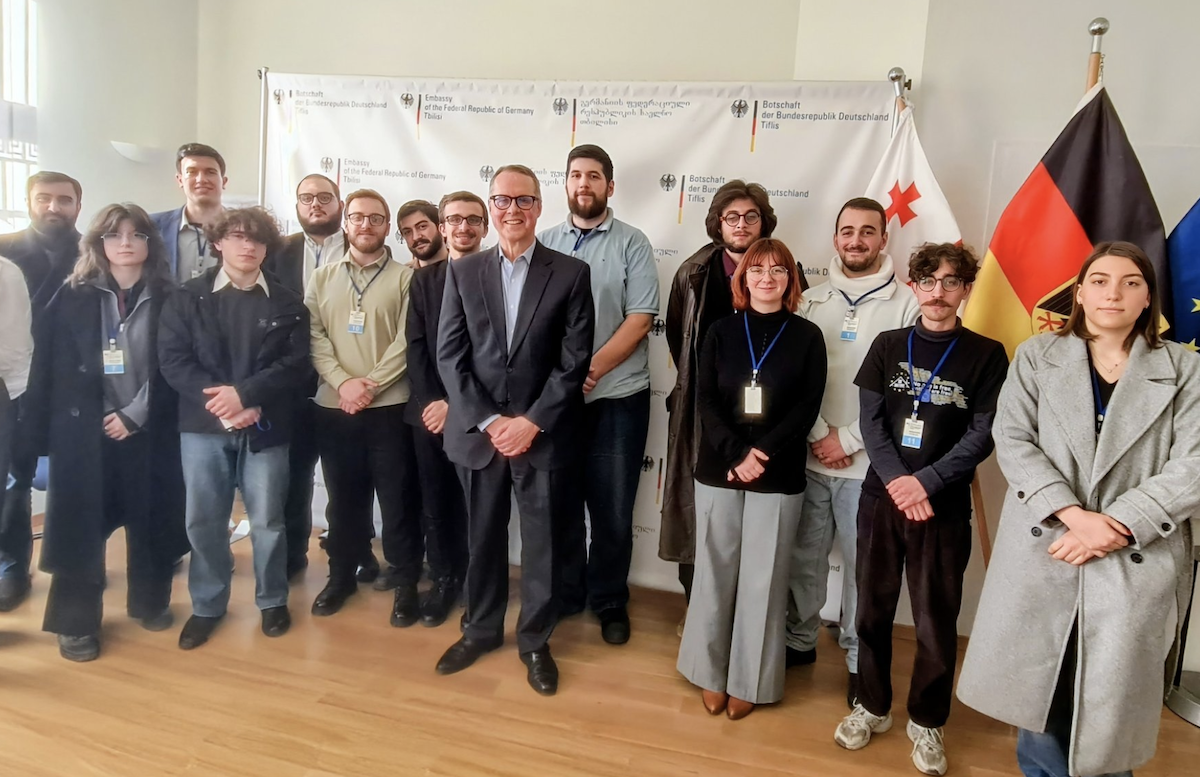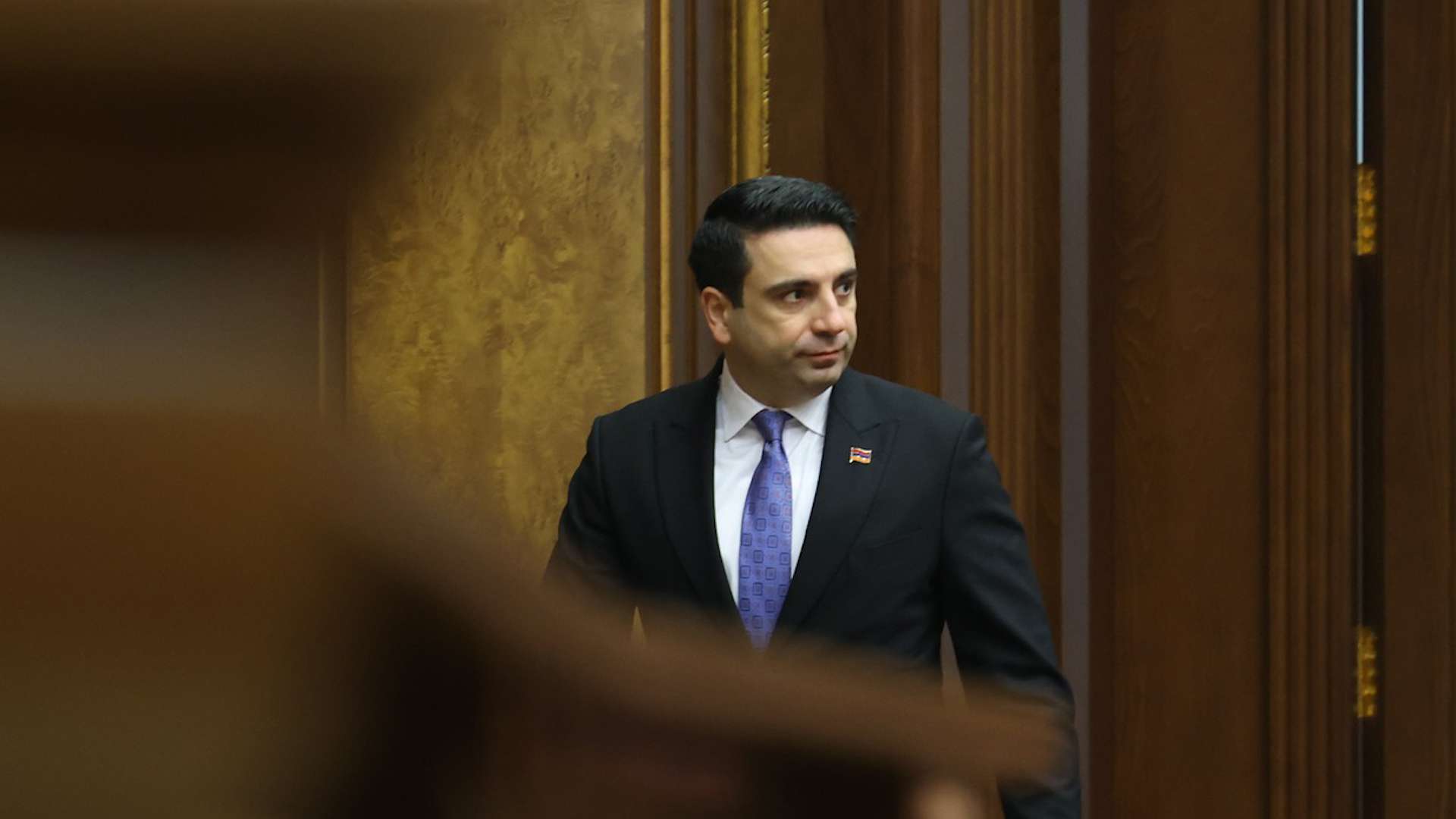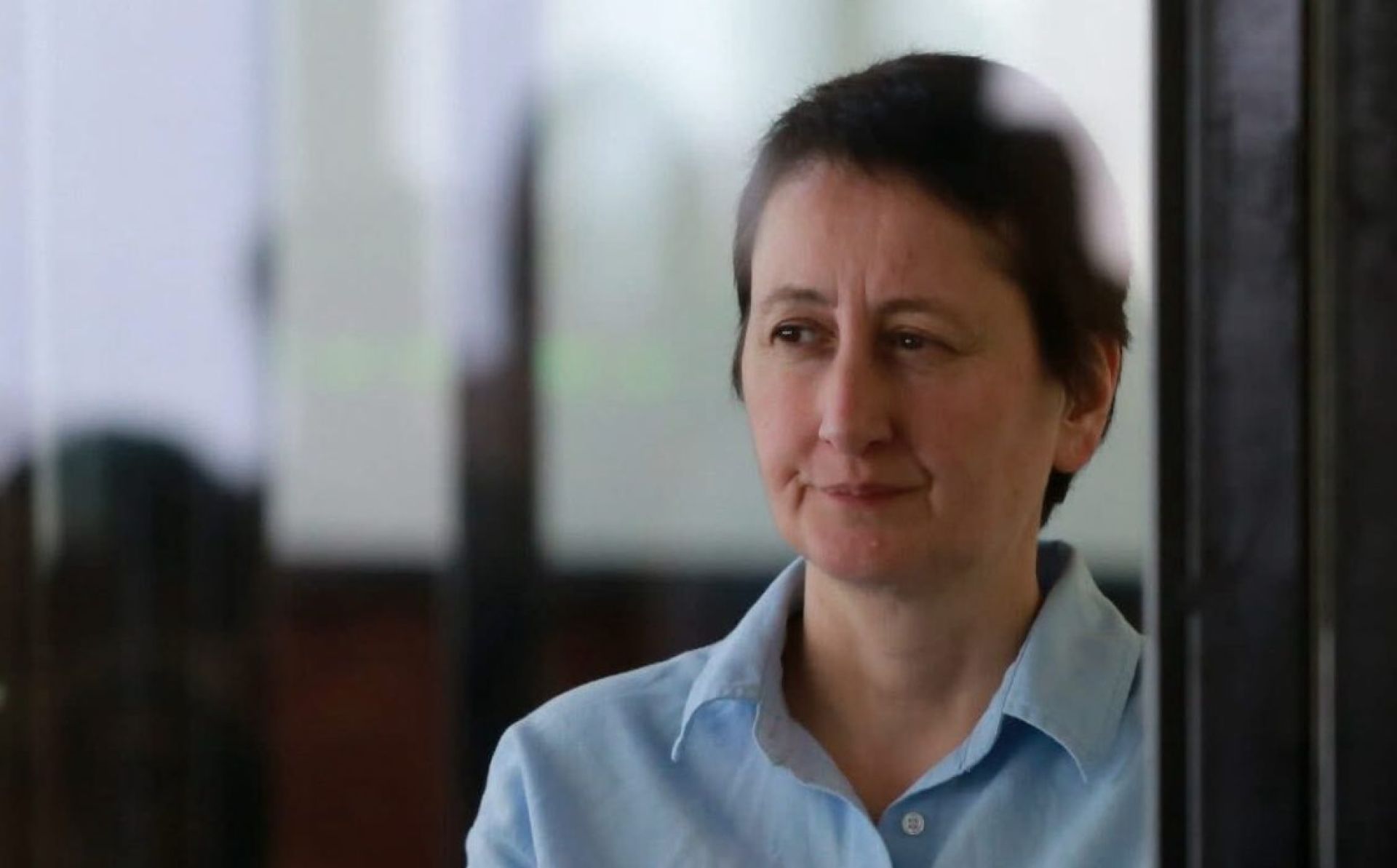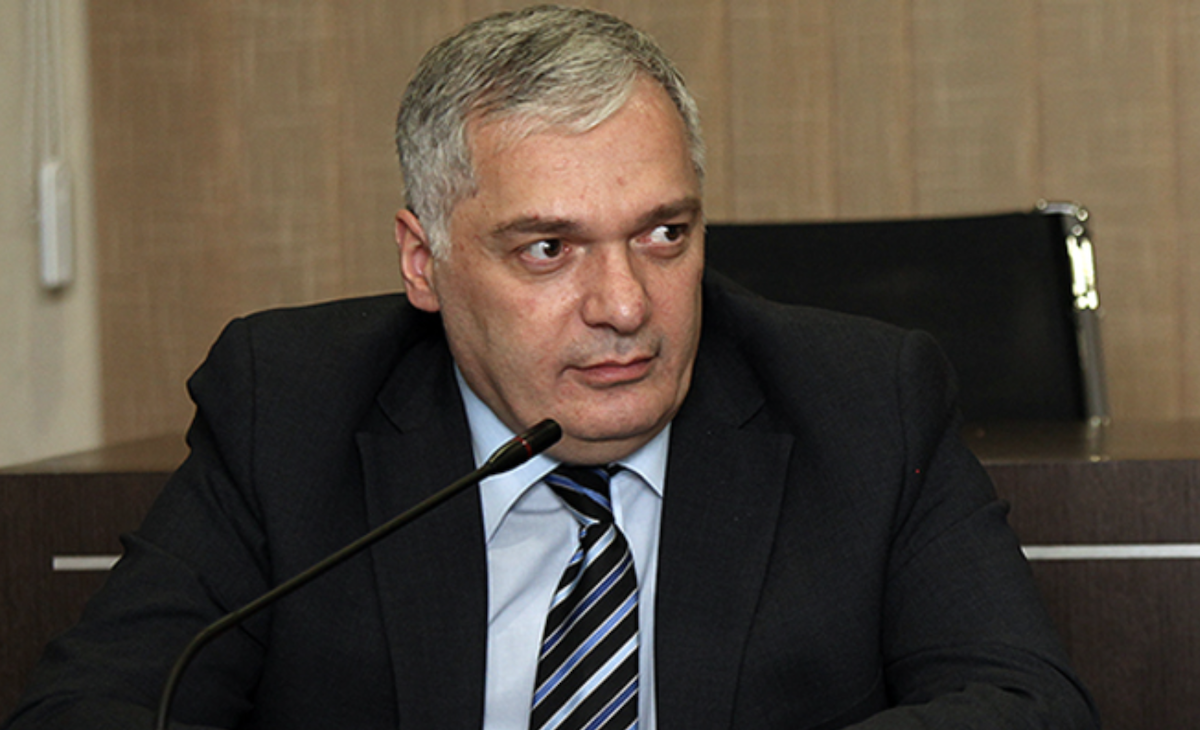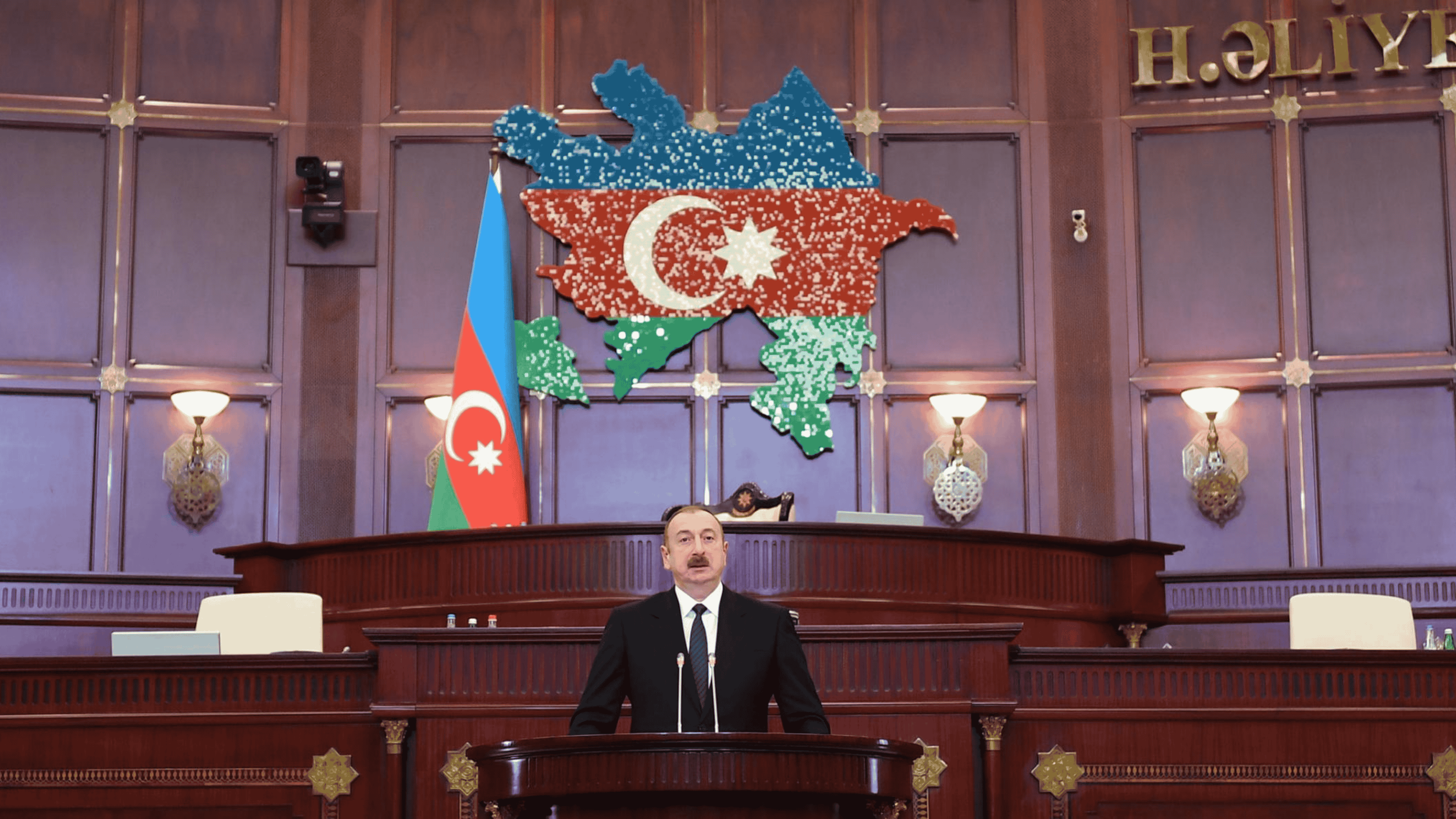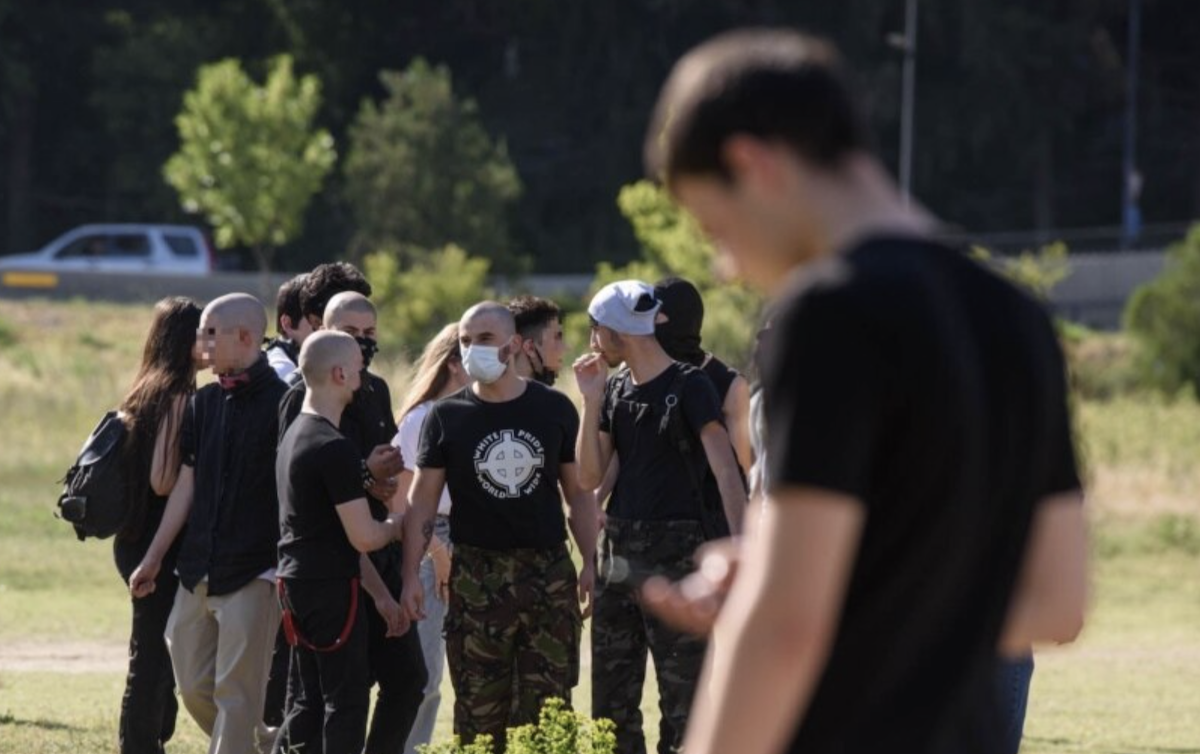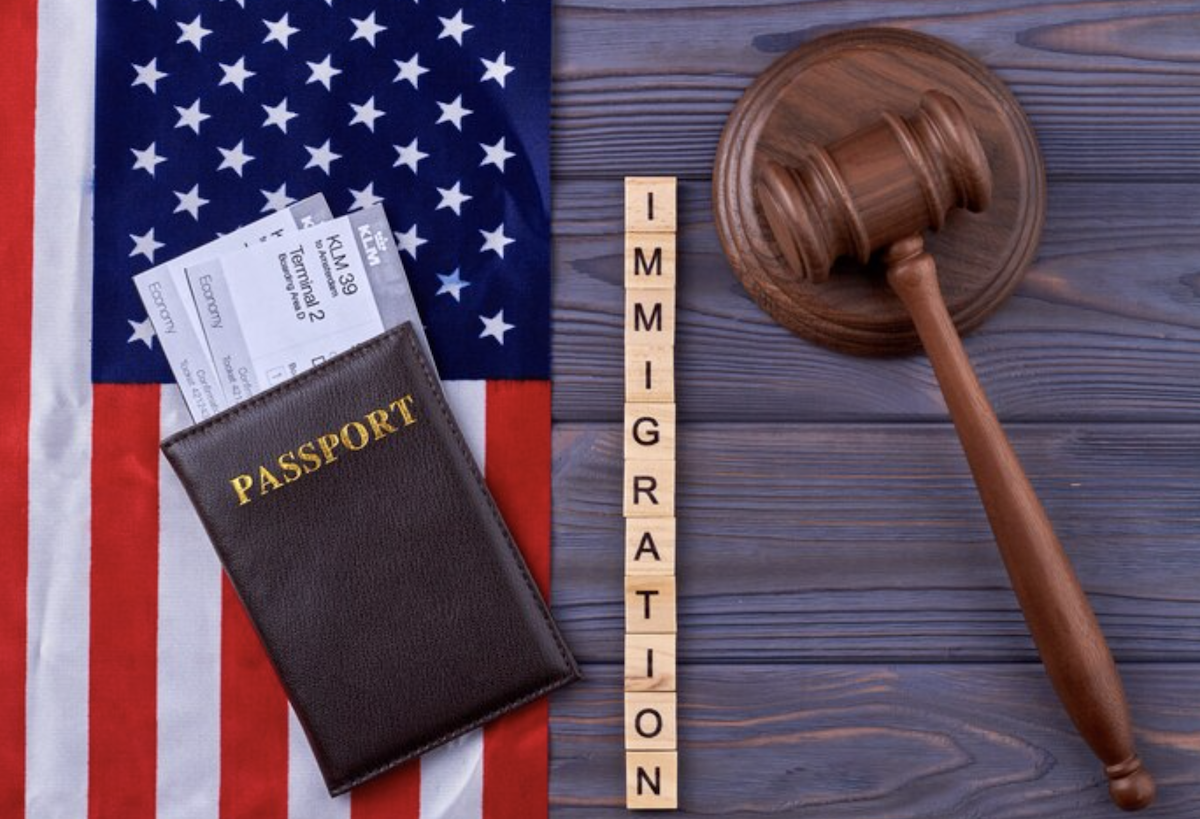Op-ed: 'Blood, toil, tears and sweat' – solving the Armenian political crisis
Armenia is in the midst of an acute political crisis caused by the loss in the second Karabakh war.
What is happening in Armenia and why? How might the situation develop further? What has become of the Karabakh conflict and what must Armenia go through to get out of the crisis?
A detailed analysis of the situation from the director of the Caucasus Institute, political scientist Alexander Iskandaryan.
’17+ opposition parties demand Nikol’s resignation’
The political crisis in Armenia is a natural process, since it is post-war, and the emotional shock from defeat in the war continues.
The trilateral statement on Karabakh caused a series of protests in Armenia, but this process cannot be called a network process. To a large extent, this is an elite protest, it began to be politicized by 17 heterogeneous opposition political forces, which have been given the name ’17+’.
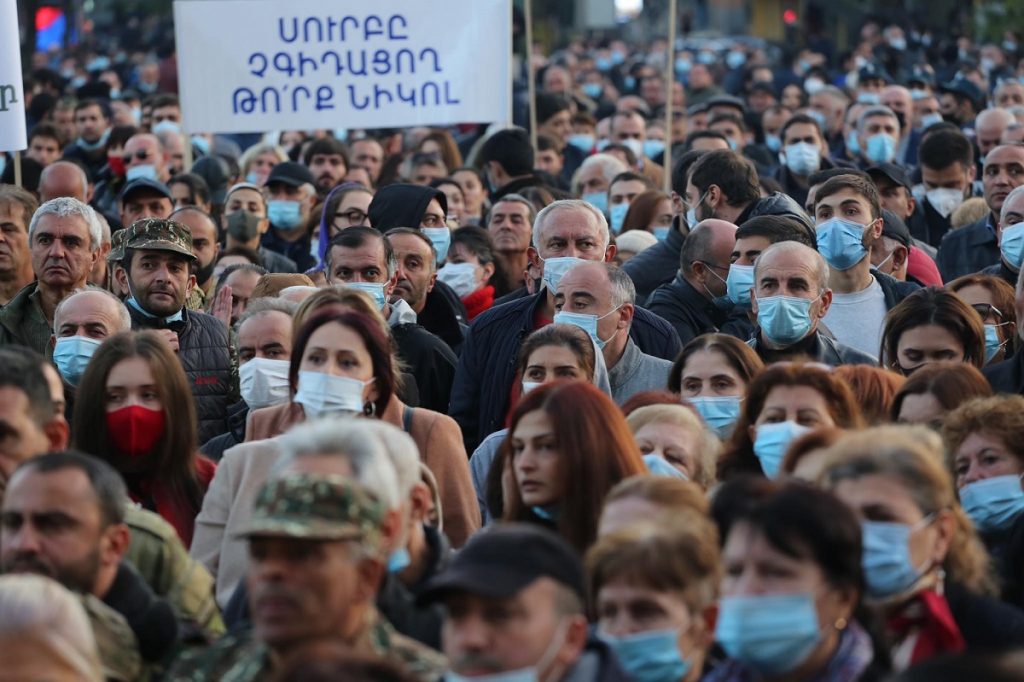
However, they have so far failed to promote their rallies and make them massive for a number of reasons.
One of the reasons is that the protests are purely political. Problems such as foreign policy, the Karabakh conflict, unsettled problems related to the borders with Azerbaijan, are put forward, but there is no meat behind them.
The protests – unlike the 2018 revolution – are mostly male. Few women and middle-aged men take part in them. This is the circle of people who are interested in politics and for whom politics is important.
Another reason is a false start. The opposition simply had to lead the emerging post-war protest. But it’s winter, it’s cold and New Year’s. During such a period, few people go out.
Moreover, the slogans themselves are purely negative. ‘Remove Nikol’ harks back to the 2018 Velvet Revolution slogan of ‘Reject Serge’. The opposition does not have a positive program ‘for’ something, they speak out only ‘against’ something.
Removing the obstacle is, of course, important, but it is a means, not an end. If I punch a hole in the wall, I do it for something – to put in a window, a door, etc. Remove the current government – for what? What is the purpose? What are we going to do next? Does it interfere? Yes. But interfering with what?
Again, if we compare with the revolution of 2018, then there were also positive theses.
They were extremely primitive, impracticable in principle, often ridiculous, but designed for the mass. Like “banks will not take money for loans”, “traffic police and cameras will stop taking into account traffic violations”, and “oligarchs will give their salaries to the people”, etc. But all this was perceived as a kind of goal.
And then – we will remove Nikol, and then there will be a long and hard work to restore the country and achieve some result. It is very difficult to motivate people and gather them under such slogans.
The people, two years after the revolution, when the results are not yet visible, do not want to go out for another revolution.
They hardly love the current authorities and support them, but they do not see the point of going out for these purposes either.
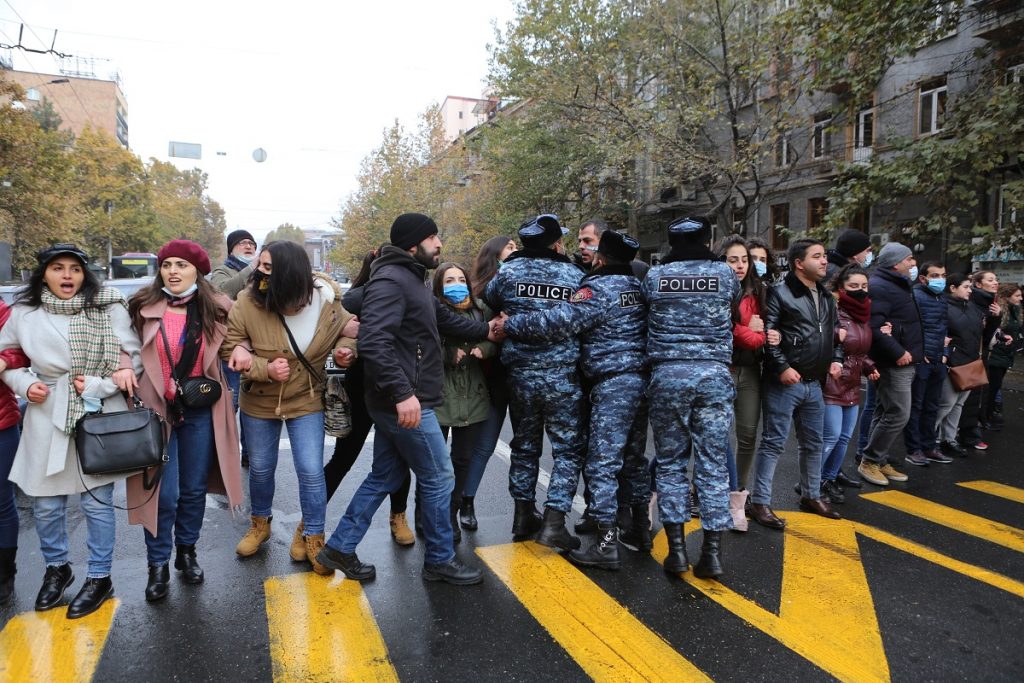
“Blood, sweat and tears. Difficulties ahead”
At the beginning of World War II, Winston Churchill was elected Prime Minister in England. In Great Britain, there was a very difficult attitude towards him, but he was elected, realizing that the country was in a very difficult and critical situation, and he was the person who could lead the country.
When he was elected, he made a speech: “I can promise nothing to the British, except blood, sweat and tears. There are huge difficulties ahead”.
To say that we have a difficult job of institutionalizing, restoring the state, giving it some functions, and it is impossible to gather people so quickly. The opposition speaks about it directly or implicitly.
But these are not the slogans that are thrown to the masses. Churchill spoke to the House of Lords, not to the common British. And in what hands we have our ‘House of Lords’ now, we know.
We can expect either Venezuelization under Hugo Chavez, that is, the construction of a “rigid vertical of power”, or a return to the traditional situation for Armenia, which was under the previous government – the Republicans: weak opposition – weak government.
This is an unpopular, non-united, weakly legitimate, closed government and a very heterogeneous opposition, with different goals and without any expressed positive program.
This rather standard situation for Armenia existed from 1992 to 2018.
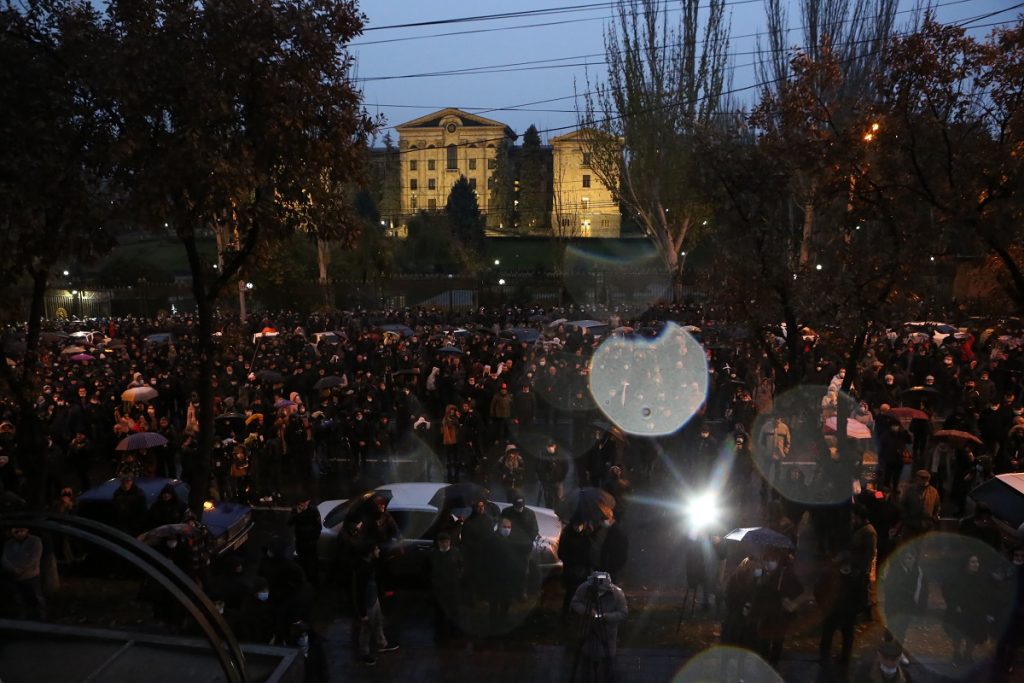
In the Armenian ‘House of Lords’ there is not a single political party
According to the constitution, Armenia is a parliamentary country with a parliamentary method of government, and there is not a single political party in it. Not a single party that has declared itself a political party – both pro-government and opposition – is in fact not a classical party. And a parliamentary system cannot exist without political parties.
My Step, led by Nikol Pashinyan, is a union of officials, around which certain circles of businessmen close to the ruling elite have gathered.
And the opposition “17+” can be called personified support groups. This grouping does not include formed parties with any ideology. Therefore, the system is unstable.
This state of affairs is the result of the fact that the political field in Armenia has always been cut out and there is no one left on it.
They straightened and smoothed out the formed strong opposition, the system of rotation of politicians, and left the system of political parties complicated. People do not have the opportunity to make a career and become a politician in the classical way. In this situation, anyone – like the devil from a snuffbox – can jump out and take power.
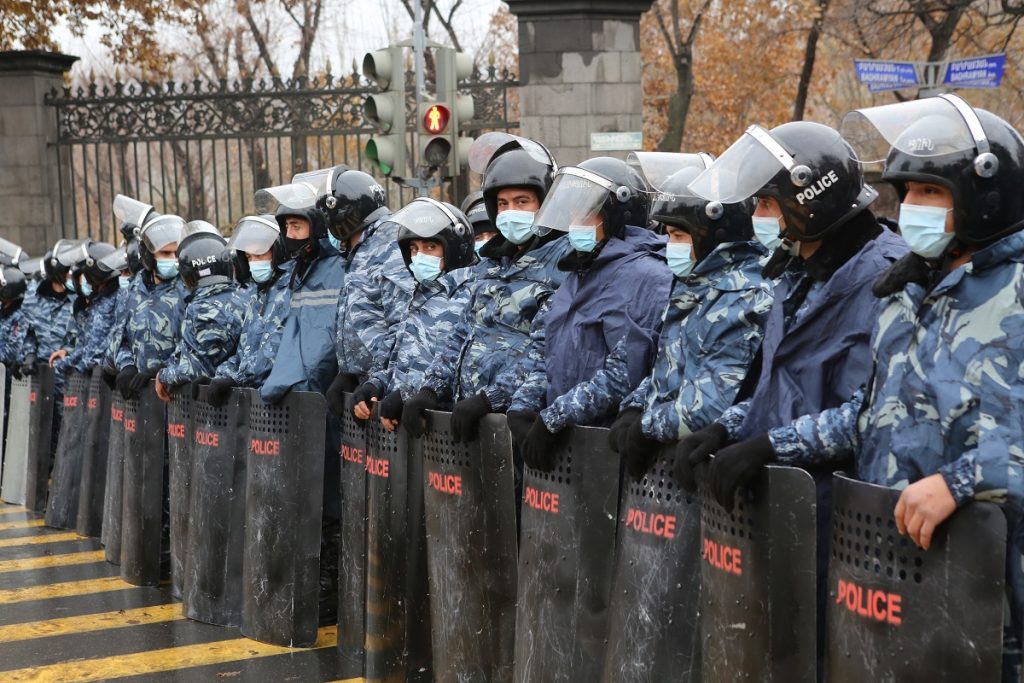
Either genocide or deportation, or negotiations with Karabakh residents
The main reason for the current crisis is the second Karabakh war. The war has been suspended, but the Karabakh problem, wherever it was, remained there.
Only the format has changed: the conflict is somewhat different, on a smaller territory with a smaller population and with Russian peacekeepers around.
On the territory of Azerbaijan, on about 3,000 square kilometers out of 86, which is not so little – a little less than South Ossetia – there are people who are not going to take any Azerbaijani passports.
These people proclaimed the Republic of Artsakh, which the Azerbaijanis do not recognize, but the power of Azerbaijan does not extend to this territory. Azerbaijan cannot conduct any activity there, and this territory is not governed from Baku.
Soldiers of a third country are standing around this territory, fencing off this territory from the influence of the Azerbaijani authorities. This means that the problem has not been resolved.
There are people of Karabakh, and there is this situation that cannot last long. But what can you do with it?
One of two things: to kill all these people or deport, that is, to resolve the issue, as they decided in Hadrut, Jrakn (az. Name Dzhabrail) or Karvachar (az. Name Kelbajar); and the second way is to negotiate with these people.
But Azerbaijan cannot kill all these people, at least in the next five years, since Russian peacekeepers are stationed there and does not want to negotiate with them. Accordingly, the problem remains.
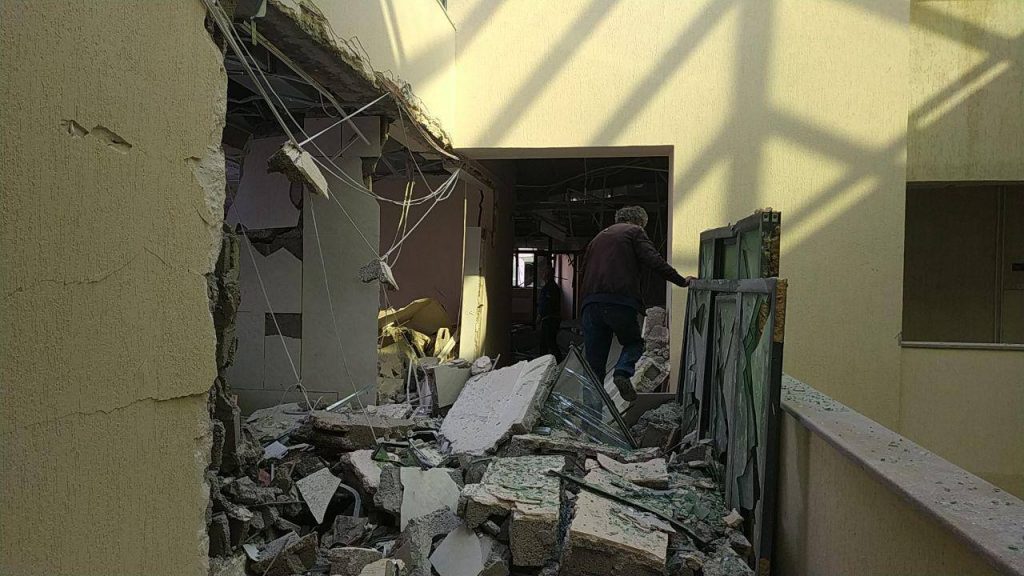
Armenian society needs to have subjectivity
In order for the Armenians to try to solve this problem, you need to have subjectivity, you need to build an institutionally effective state.
And this task is facing both the society of Armenia and the society of Nagorno-Karabakh – to create such mechanisms that will help solve the problem for the sake of the people living in Artsakh. And not by deportation, exodus or murder, but by determining their fate with their participation.
Only by re-creating the functions of the state, institutionalizing structures, including the army, can one begin to fight. By the way, the logic of the current opposition is in this vein. What happened has already happened, and eliminating the trilateral statement would mean entering a war, possibly with Russia.
First, you need to have subjectivity, but the current Armenian state does not have such subjectivity, so the obstacle must be removed.
The Karabakh problem has two aspects: Azerbaijani (territorial) and Armenian (humanitarian).
Azerbaijan says give us Karabakh, it belongs to us. We don’t need you, we need territories. This is a territorial logic.
The Armenian aspect is as follows: Karabakh is not only a territory, but also the people who live there. It is impossible to determine the fate of people without these people, without asking how, where and how they want to live, killing them. We are talking about the humanitarian aspect, about the fate of people who have exactly the same rights that any other person has anywhere in the world. And this is the logic of the Armenian side.
Accordingly, these two logics collide with each other, and in order for the second logic – the logic of attitudes towards people – to prevail, they must represent subjectivity, and this subjectivity must be built.
Conflict format
The statement of November 10 is not a peace agreement. This is a statement about an armistice, about creating some kind of mechanisms so that bloodshed does not resume.
There is not a single letter in this statement about the Karabakh conflict, nothing was discussed about the status of Karabakh. Further development on the settlement of the conflict is possible in any format – from the format of the OSCE Minsk Group to formatless.
But a conflict without a negotiated format is a bad option, because negotiations have a positive effect on the course of the conflict itself.
For example, the MG idea was based on the solution of the problem by consensus, and it doesn’t matter which one, the main thing is that not by shooting, but by talking.
Another thing is that even before the war, Azerbaijan did not want a solution to the conflict by consensus, and after that, it will certainly not want to. And it’s hard.
The Minsk Group, even if it resumes its format, will not be the same – it will not be politically, but legally it can remain, even after what happened.
Even after Aliyev expressed non-diplomatic words to the two co-chairs who arrived in Baku, such as “why did you come, no one called you”. He said this for publications, and after that he held negotiations with them – moreover, in private.
Accordingly, one of several ways is to recreate the MG. This has already happened. MG died and was reborn several times, just not to such an extent, there was no such war.
There may be a new format. And in order for this new format to exist, we need to ask again both Armenians and Azerbaijanis. And in order to ask them, they must have subjectivity.
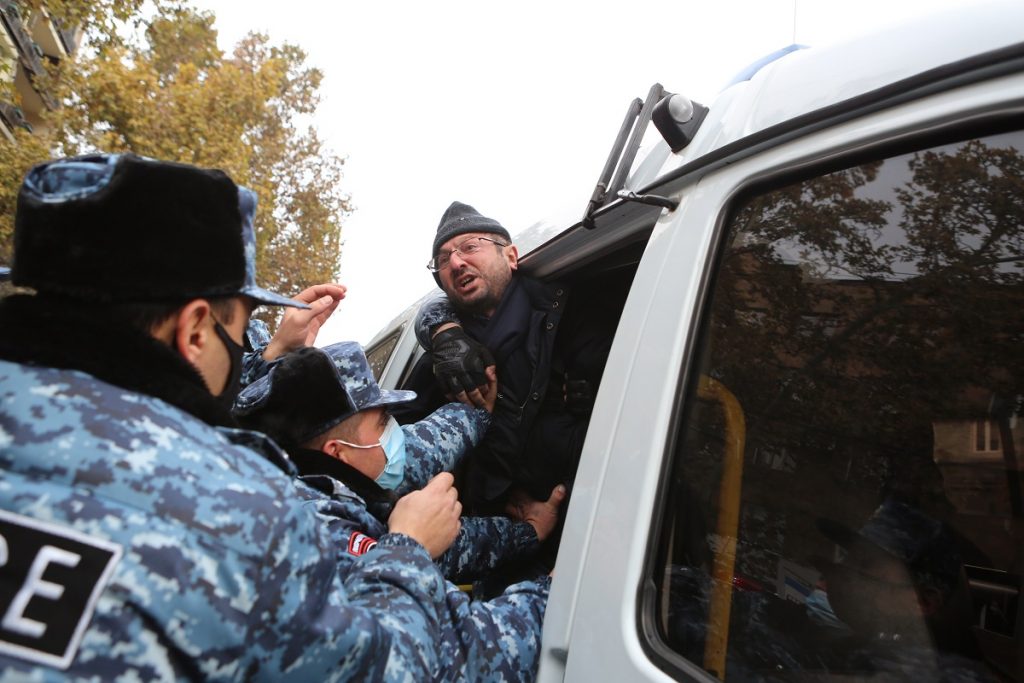
What will be behind all this?
Now there is an emotional shock, but it will pass. There are a lot of countries that have lost the war. Georgia twice, even more, suffered such defeats. It has not advanced far from resolving the conflict, but it continues to exist. Azerbaijan has existed in this situation for 26 years. There are no countries in the world that have never suffered defeat.
After the shock, there will be acceptance of what happened, the rationalization of the situation.
The paths are very different: from the destruction and disintegration of state functions, as happened in Georgia immediately after the defeat in Abkhazia in the early 90s, to the restoration of these functions and further progress towards solving problems. Including the Karabakh problem.
In order to overcome this, you need to accept the reality that is, and begin to build further on the foundations that must be in place for building a state.
The citizens of the country should have a sense of responsibility for their choice.
Nikol Pashinyan and “My Step” are not the reasons, but the results of the situation we have.
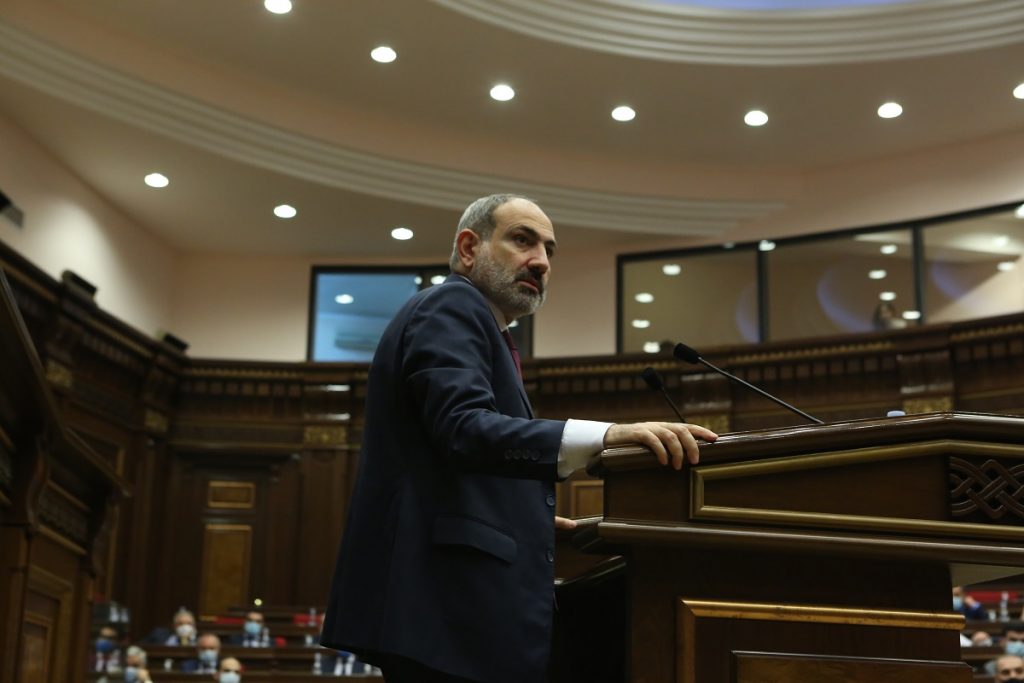
At the very beginning of the movement for independence, in the late 80s – early 90s, there was a demand for intelligence in the Armenian society. These guys are smart, they will come to power and come up with something that will be useful for our country.
Then there was a request for firmness – under President Robert Kocharian. Solid, fought, tough, he will be able to solve problems like a man.
Then there was a request for consensus – and there, and here, both ours and yours, somehow he will be able to steer, will be able to do what will be good, the problem will be solved.
In 2018, there was a request for honesty, and it doesn’t matter if they can – they can’t, the main thing is to be honest.
I will hardly live to see the resolution of the Karabakh conflict, but I hope that I will be able to survive until the country has a request for competence.
That’s when the request for competence arises, when people will choose not an honest or intelligent, but the guy who can do something according to the principle of “blood, sweat and tears”, then the stage of building a nation, a state, which can go somewhere lead.
But the time it takes to reach this stage is measured not by years, but by generations. What is happening now is a clear change of generations from Soviet to post-Soviet.
People who do not have Soviet experience in all sorts of different senses, and Pashinyan and his team do not have such experience, they need to learn a lot, gain experience, they can get bumps along the way, and that takes time.
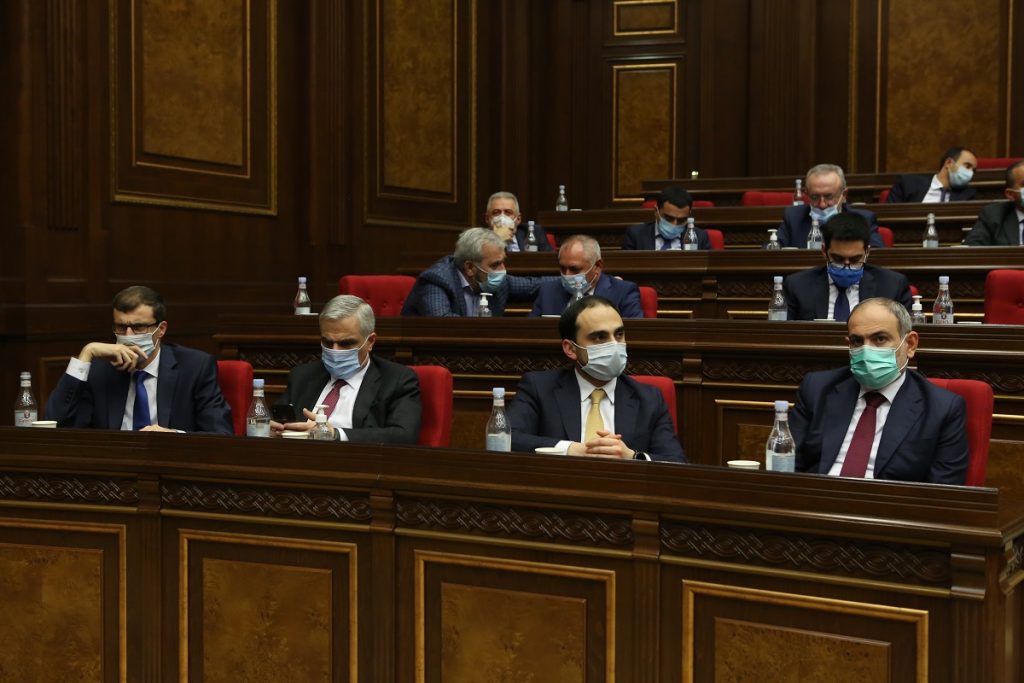
Toponyms and terminology used in the publications, and views, opinions and strategies they contain do not necessarily reflect the views and opinions of JAMnews or any employees thereof. JAMnews reserves the right to delete comments it considers to be offensive, or otherwise unacceptable.










